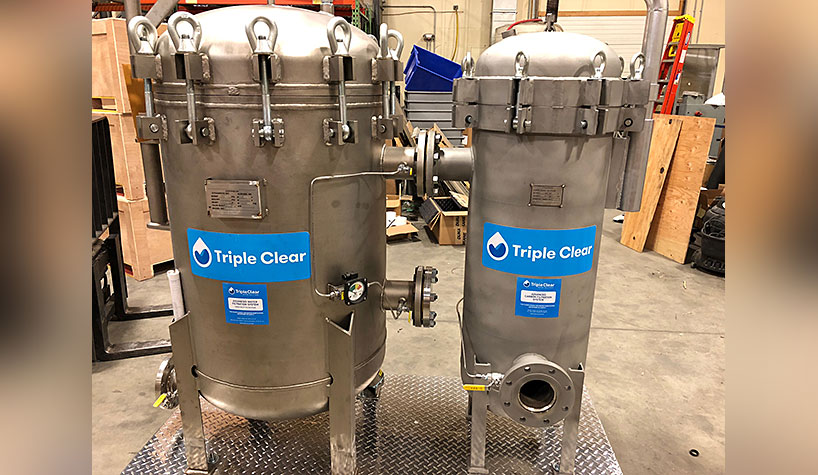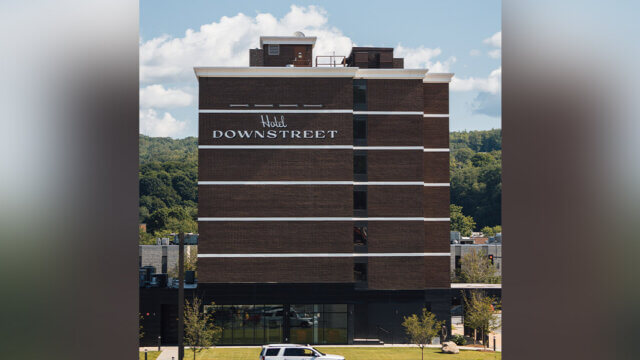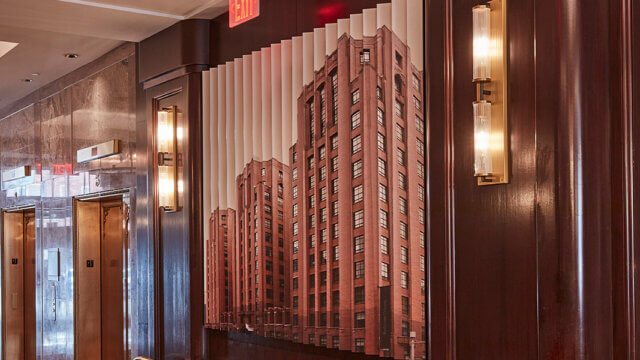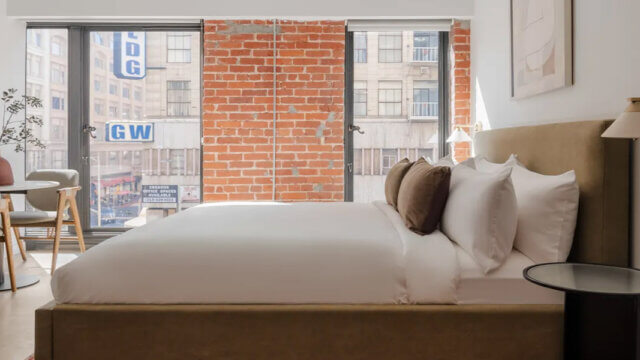NEEDHAM, MA—As many hotels shut down during the COVID-19 crisis, their water supply was at risk for attracting bacteria, including E. coli and legionella, and metal contaminants while sinks, laundry rooms and drinking fountains sat unused.
“The issue we run into with any closure of this nature, and hotels are surely not excluded, is that the water sits dormant in the domestic plumbing system,” said Patrick Verwys, EVP of Triple Clear Water Solutions, based here, which provides commercial water filtration systems with patented technologies that deliver safe, clean and filtered water. “The concern with this is multifaceted. The secondary disinfectant that our municipal water companies add will dissipate, which leaves the microbiologicals unchecked for growth. This, coupled with dormant building water temperatures naturally falling into a “warm” range, proves to be the ideal breaking ground. When this goes unchecked over time, biofilm begins to coat the inner walls of the pipes, making standard treatments like chemicals and hot water flushing ineffective. One of the key concerns here is legionella growth as the aforementioned environment is ideal.”
Verwys, whose company has installed its Triple Clear Firewall Filtration point-of-entry filtration solution in “some of the largest global brands to prestigious boutique hotels” provided tips for hoteliers to ensure their water supplies are clean and free from contamination:
- Start planning early. When reopening an under-occupied building, a systematic building flush should begin at least five days before your planned opening.
- Do a full audit of the property. This includes checking the status of all domestic water and mechanical equipment, as well as understanding the building occupants and reviewing their plan to reoccupy.
- Do a risk analysis at the full building level. Now is the time to test, test, test. It’s crucial to understand where the concerns lie building-wide so that you can address any issues before reopening.
- Consider installing or updating filtration with the ability to remove biological hazards and other contaminants. At a time when there are many unknowns, installing a filter at the point of entry or point of use delivers peace of mind, acting as a firewall and first line of defense against harmful contaminants.
- Keep your records updated at the building level. Flow rates, water temperatures, treatment cycles and filter maintenance are just a few areas to target when updating your team’s water management program.
“What we are learning is that standard treatments are not providing an adequate solution,” said Verwys. “We’ve seen buildings in downtown areas that are being flushed biweekly and still testing positive for bacterias. Surely, during these unprecedented times, we need to look at all options. As we are continually asked for our advice, our team created these tips as what we feel to be best practices and plan to adjust as we continue to learn more.”
Once a hotel reopens, Verwys suggested a dual-pronged approach to make sure the domestic water in the building is safe.
“First, we recommend installing a point-of-entry system that will create a firewall for your building’s plumbing system, resetting the baseline water quality and making sure what is being used meets our stringent standards,’ he said. “In these cases though, because of the effects of prolonged shutdowns or limited use causing the ‘dirty sandbox effect,’ we also recommend point-of-use filtration at any mission critical areas where potable water is consumed.”




